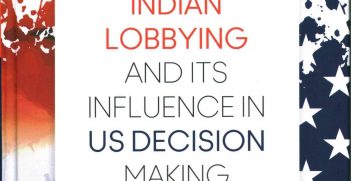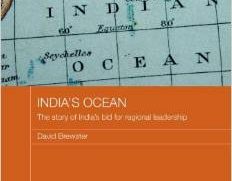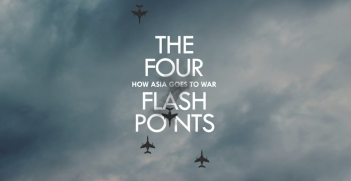American Ambassadors, The Past, Present, and Future of America’s Diplomats
The author is a former American diplomat who has written a useful technical book on his guild. Written at a general level, it will find a strong readership within the State Department and among those aspirants who wish to join the US corps. Yet, it is also instructive for foreign audiences who would immediately acknowledge the cultural dynamics which attend the American functions of diplomacy. At once, Jett rails against political appointments, qua career diplomats, in a grudging concession that non-professional diplomats from outside the bureaucracy are symptomatic of condition, all part of the executive commonweal. The book has some obvious appeal for our foreign policy establishment, not least for our own Department of Foreign Affairs and Trade (DFAT). Most Australians would acknowledge that we and the US are two markedly different societies; yet both, as a people, can recognise the subtleties of the two systems, which possess a shared ethos but are applied in distinct ways.
This review is not long enough to concentrate on the ‘bundlers’. As the term suggests, a successful presidential candidate has to be bankrolled by his loyal party supporters. Political patronage is a function of that largesse, once elected to office. A few ambassadors proved manifestly incapable of their prestigious appointment, which disappointed their president and embarrassed themselves. In its essence, it cleaves to the leadership qualities expected in a diplomatic nominee. For professional careerists, the selection process is exhaustive, seeking personal qualities too numerous to relay here but which can soon be found in the text. Former military officers can bring a suite of skills but they have to quickly adjust to working in a civilian environment where staff are not easily awed by rank or medals. One retired USAF Major General, despite his language skills, quickly lost the respect and confidence of his staff in that his leadership was divisive and indecisive and morale and co-ordination suffered as a consequence. In fact, it was telling that many of his mission staff volunteered to serve in Iraq or Afghanistan to avoid having to work for an ambassador who failed to lead and inspire a diverse team.
Jett offers an informed understanding of the concept of American exceptionalism. In simple terms, he locates its origin and current usage, a notion first inspired by the French historian, Alexis de Tocqueville. This, of course, found its full expression in the concept of ‘manifest destiny’. It can be recognised that Australia and America are essentially frontier societies, in that its European settlers had to create their own nation against contrasting historical, political, economic, cultural and social experiences.
The book concludes with some workable appendices. They include: guidelines for successful performance as a chief of mission, President Obama’s letter of instruction to chiefs of mission and the Inspector General’s personal questionnaire for inspections. It would be presumptuous, if not precocious, to infer that our own foreign service should slavishly mimic these US procedures. Be confident that the senior executive of DFAT daily intends to these precepts as they lead and manage a disparate collective of entities which aggregate the wider Australian Diplomatic Corps. Politically appointed diplomats: do they work? The late Dr Ashton Calvert, as departmental secretary, once privately and drolly confided that he hoped so! (The Bulletin, April 30, 1991). Jett has lent us a constructive guide, which deserves our attention, if we have the urge to be better informed.
American Ambassadors, The Past, Present, and Future of America’s Diplomats, Dennis C. Jett, Palgrave MacMillan, New York, 2014.
Mike Fogarty is a former officer with the Department of Foreign Affairs and Trade who served in Singapore and Hanoi.





